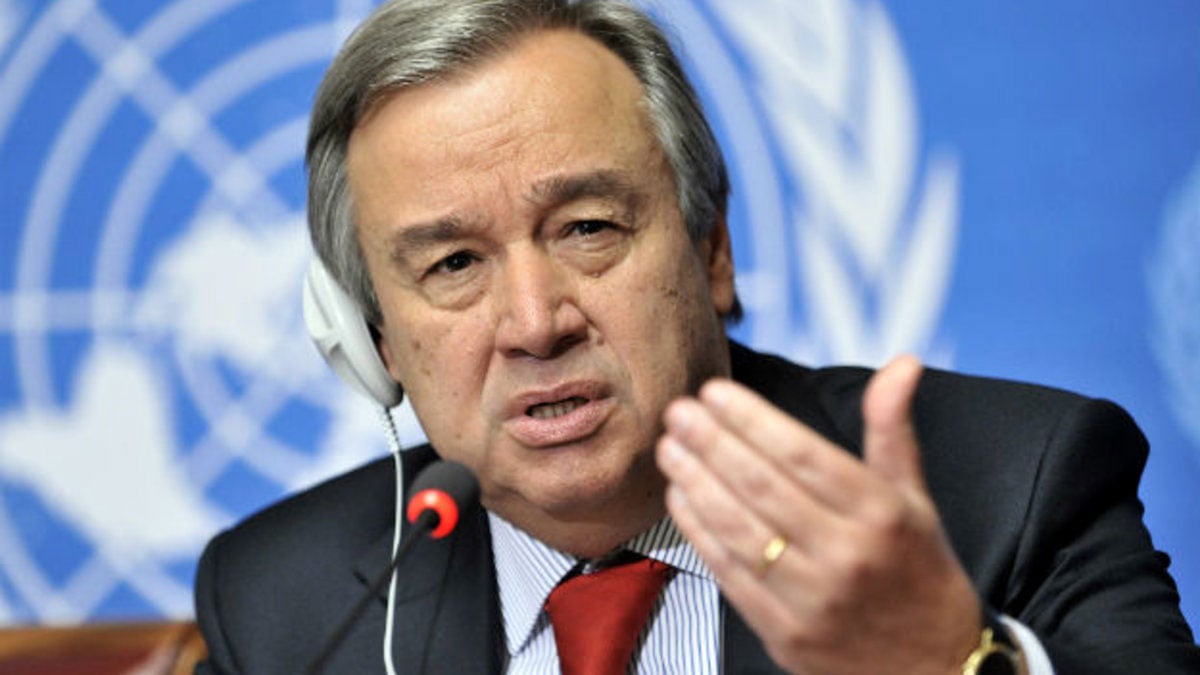Soil infertility threatens West Nile’s food security

A farmer at Wandi Village in Onzoro Parish, Katrini Sub-county in Terego District. Experts say the soils in West Nile are mainly sandy. PHOTO/CLEMENT ALUMA
What you need to know:
- The Muni University Acting Vice Chancellor Associate, Prof Simon Anguma, says through research and innovation, the institution can become relevant to agriculture.
- 71% imports: Statistics from West Nile Development Association indicate that 71 percent of tomatoes consumed in the region are imported, causing a loss of Shs10 billion annually.
Following several decades of tobacco growing, effects of climate change and land degradation, researchers are worried that West Nile soils may not be able to feed its population effectively in the coming years.
Tobacco growing has been discouraged because of the acidic emission into the soil, which kills nutrients. However, the influx of South Sudan refugees and increasing indigenous population has also worsened food insecurity.
Prof Clement Okia, who is the Department of Environment Sciences at Muni University, on Monday said their current findings reveal the soils in West Nile are mainly sandy.
“The soils have low water retention; and low organic matter, characterised by sparse vegetation,” he said.
Prof Okia said the soil infertility is a result of labour intensive agriculture with low yielding crop varieties and lack of inputs such as manure.
The Muni University Acting Vice Chancellor Associate, Prof Simon Anguma, said through research and innovation, the institution can become relevant to agriculture.
“Soil fertility is dwindling. What can the university do in that direction? So through research, we can give advice on how this soil infertility can be regenerated. We can also come in to support the farmers through modern ways of farming,” he said.
Mr Moses Akuma Odims, the executive director of West Nile Development Association (WENDA), while speaking during the launch of West Nile Innovation Hub at Muni University, said it is unfortunate that most of the cassava consumed in the region is imported from Tanzania and other regions.
“We are reaching a dire situation of hunger. Our dependency levels are increasing and climate change is here. It’s affecting us and this is not going to be good for the future of the region,” he said.
Mr Caleb Titia, a farmer from Terego District, said there is need to revitalise and rethink how the whole food system works.
“The farmers need to practice use of modern agriculture techniques such as use of tractors, fertilisers and irrigation. But many of them are poor and cannot afford the inputs and this drags them in a tight corner where they continue using rudimentary tools,” he said.
The National Project Coordinator for Uganda Multisectoral Food Security and Nutrition in the Ministry of Agriculture, Animal Industry and Fisheries, Mr Julius Twinamatsiko, said West Nile is faced with pests and diseases, and low use of fertilisers.
“There is prolonged drought, erratic rains that sometimes disrupt the production processes, pests and diseases but also we see external factors such as increased prices for inputs such as fertilisers. We are aware of this and we are coming up with solutions to salvage the situation,” he stated.




